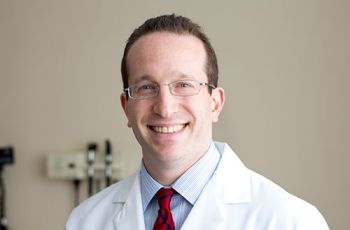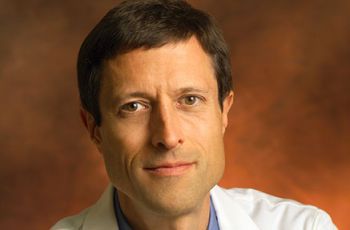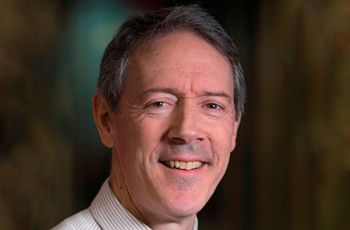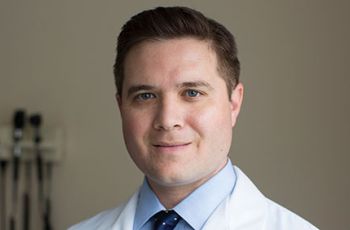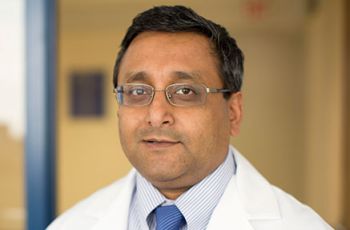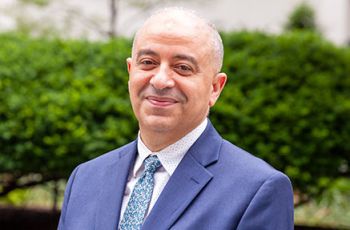Faculty in the Media
Adam Friedman, MD, associate professor of dermatology, spoke to Allure about the best way to treat facial eczema.
Neal Barnard, MD, adjunct associate professor of medicine, authored an article for The Hill about the health conflict posed by an increase of cheese in the American diet.
Mary Donofrio, MD, professor of pediatrics, spoke to The Washington Post for an article about ALCAPA, a rare heart defect most commonly found in newborns.
Gerard Gioia, PhD, professor of psychiatry and behavioral sciences and of pediatrics, was quoted in an article by the Daily Herald (Chicago) about whether CTE research justifies a ban of youth tackle football.
Jaclyn Kline, MD, research instructor of pediatrics, spoke to Reader's Digest for an article about signs that upper abdominal pain could actually be an emergency.
Daniel Yang, PhD, assistant research professor of pediatrics, spoke to Education Week in an article about his research on autism that provided early evidence of how supports for students' social skills may change parts of the brain associated with challenges in those areas due to autism.
Nathaniel DeNicola, MD, assistant professor of obstetrics and gynecology, spoke to Kaiser Health News about the OB Nest program at Mayo Clinic.
Sabyasachi Sen, MD, associate professor of medicine, spoke to U.S. News & World Report for an article about new research that suggests low-calorie artificial sweeteners could predispose individuals to diabetes. This research was also covered by The Conversation and Daily Mail.
Adam Friedman, MD, associate professor of dermatology, spoke to Today.com about the risks of using tanning beds. He also offers tips for how to protect yourself from skin cancer.
Mohamed Mohamed, MD, associate professor of pediatrics and of global health, spoke to WJLA-ABC7 for a segment about new technology that connects parents with their babies in the NICU.
